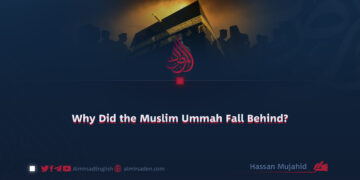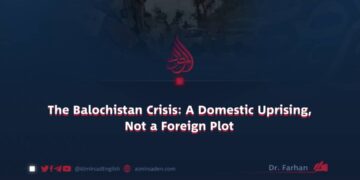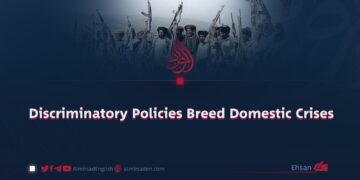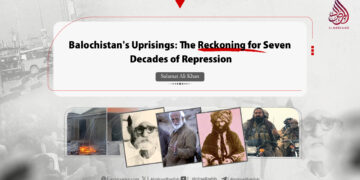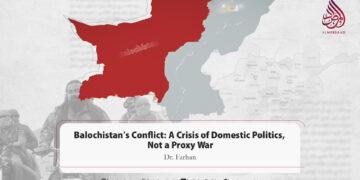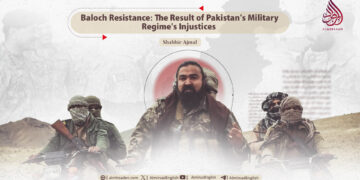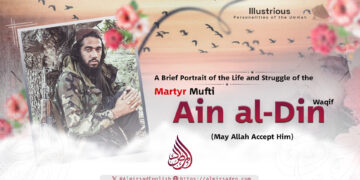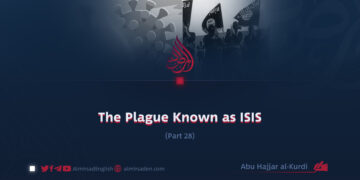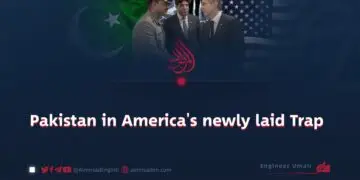Author: Ahram Khan
On August 21, 1969, an Australian Christian, Denis Michael, set fire to an 800-year-old pulpit of Al-Aqsa Mosque in Jerusalem, causing significant damage, including to the mosque’s roof. This incident triggered widespread concern across the Muslim world. The then Grand Mufti of Palestine, Amin al-Husseini, strongly condemned the act and called upon the entire Islamic world to adopt a firm stance against it.
Responding to his call, Saudi Arabia and Morocco took the lead in uniting Muslim leaders. As a result of their efforts, heads of Muslim states convened in Rabat, Morocco, and officially founded the Organization of Islamic Cooperation (OIC) on September 25, 1969. Six months later, Saudi Arabia once again took the initiative by hosting the first official meeting of foreign ministers of Islamic countries in Jeddah. In 1972, the OIC was formally institutionalized, with decisions made to hold an annual foreign ministers’ meeting and a summit every three years.
The OIC’s charter outlined objectives such as the protection of Islamic and economic values, promotion of solidarity among Muslim nations, enhancement of cooperation in social, economic, cultural, scientific, and political spheres, and the advancement of global peace and security, particularly through modern education and technological development.
However, despite these commitments, the OIC has failed to take substantial action for the rights of Muslims. Its role has largely been confined to holding meetings without delivering tangible results. Ironically, the organization that was founded in response to an attack on Al-Aqsa and Palestinian rights now seems indifferent to the ongoing atrocities in Palestine. It remains silent in the face of genocide, lacking both the courage to speak out and the will to take any meaningful steps. Instead, the OIC appears to be used as a tool to interfere in Muslim countries, fostering division rather than unity.
A stark example of the OIC’s deteriorating credibility is its platform being used by controversial figures such as Malala Yousafzai, whose statements have often been aligned with Western narratives rather than Islamic values.
Malala Yousafzai, who participated in an OIC conference in Pakistan, is a figure whose global recognition has been largely shaped by Western media. Her past statements against Islamic teachings and values are so provocative that even a non-Muslim would hesitate before making similar remarks.
Her stance and affiliations suggest that she not only supports a Western agenda but also plays a role in global conspiracies against Islam and Muslims. Her deep connections with Western institutions and powers further cast doubt on her intentions, revealing her as a proponent of narratives that undermine Islamic principles.
One of Malala’s controversial statements includes describing the hijab and burqa as symbols of the “Age of Ignorance,” a remark that is deeply offensive. In Islamic society, the hijab is regarded as a sign of dignity and modesty. Such statements not only insult Islamic values but also mock the honor of Muslim women. Additionally, Malala once equated beards with symbols of “Pharaoh” an assertion that is highly disrespectful, as beards are considered a significant Sunnah in Islam.
Her words reflect a deep-seated disdain for Islamic teachings, reinforcing the perception that her worldview is shaped by a Westernized mindset rather than authentic Islamic principles.
Malala’s alignment with Western agendas further strengthens the argument that she represents foreign interests rather than the welfare of Muslims. Her book, I Am Malala, is filled with remarks that many perceive as disrespectful to Islam. Her close ties with organizations like the BBC, coupled with her statements that misrepresent Islamic teachings, indicate that she serves as a mouthpiece for Western propaganda rather than a voice for Muslim concerns. Through her activism, she appears to be part of a broader effort to weaken Islamic culture and religious identity on a global scale.
Her stance on Afghan women’s rights is equally questionable. If Malala were genuinely concerned about the well-being of Afghan women, she would have respected Islamic values and Afghan traditions—areas in which she appears entirely uninformed.
The portrayal of Afghan women as mere pawns by Western narratives, with Malala positioned as their supposed savior, is not only misleading but also an insult to Afghan women themselves. This approach seems to be part of a broader Western strategy to dismantle Islamic traditions and impose external ideologies.
Moreover, Malala’s association with intelligence agencies raises further concerns. Reports suggest that before gaining global fame, she was involved in secret meetings with CIA agents—photographs of which have surfaced—suggesting that her rise to prominence was orchestrated to serve anti-Islamic narratives.
Allowing Malala Yousafzai to participate in an OIC forum is a betrayal of Muslim interests and an affront to the Islamic world. The OIC should refrain from inviting individuals who openly disrespect fundamental Islamic values. Instead of advocating for the truth about Islam, Malala’s presence on this platform only serves to amplify Western narratives at the expense of Muslim unity.
The OIC’s double standards reveal its political hypocrisy and its weak role in defending Muslim rights. Until the OIC adopts a consistent and firm stance on issues such as Palestine—just as it does when interfering in the internal affairs of Muslim countries—it cannot expect to be recognized as an influential global entity. To maintain its credibility and relevance, the OIC must ensure that its policies on Afghanistan, Palestine, and other crucial matters reflect genuine concern for Muslim rights rather than selective activism dictated by external influences.






